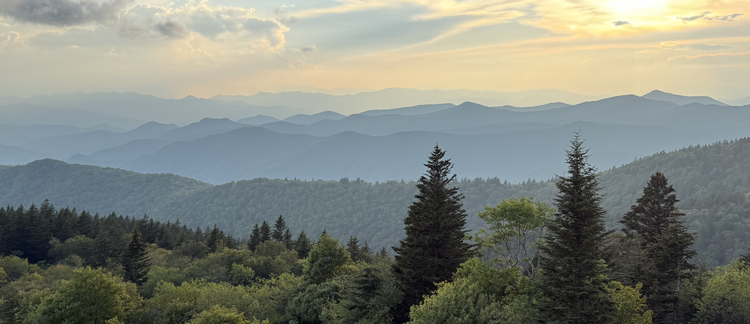Abstract
This study examined whether brief exposure to nature-themed video content could increase self-reported gratitude among college students. Sixty-one undergraduate participants were randomly assigned to watch either a 2.5-minute nature video or a control video on differential equations. Participants completed the Gratitude Questionnaire–Six Item Form (GQ-6) and provided a one-word description of their emotional state both before and after the intervention. After excluding participants who did not complete key portions of the study, a 2×2 mixed-design ANOVA revealed a significant interaction between time and video condition, indicating that changes in gratitude scores differed by group. Participants in the nature condition showed a significant increase in gratitude from pre- to post-test, whereas those in the control condition did not. Analysis of one-word emotion responses revealed that the proportion of positive emotional descriptors increased following the video exposure, while negative descriptors decreased. These findings suggest that even brief, passive exposure to nature content can produce immediate emotional benefits, including increased gratitude and a shift toward more positively valenced self-reported emotional states. Given its minimal time and resource demands, nature-based media may serve as a scalable and accessible tool for supporting emotional well-being in non-clinical populations.
How to Cite
Welland, T., Lee, S., Ciancimino, O. & Core, J., (2025) “The Impact of Intentional Nature Observation on Gratitude Levels: A Pre-and Post-Observation Analysis”, Capstone, The UNC Asheville Journal of Undergraduate Scholarship 38(1).
149
Views
